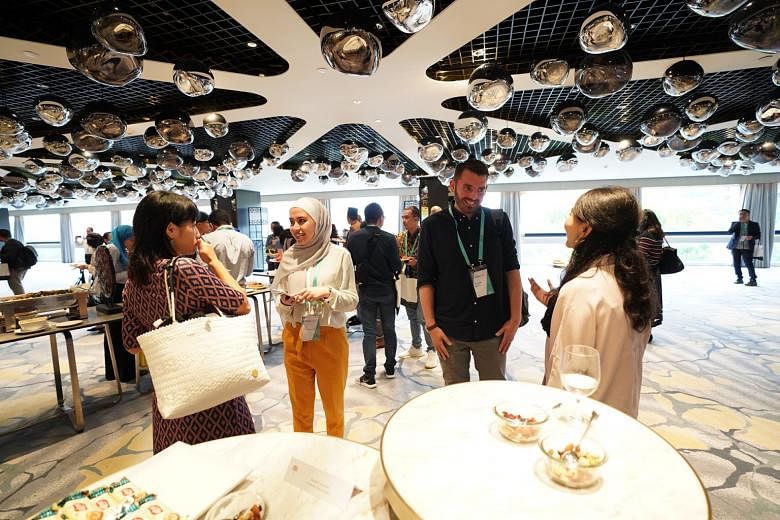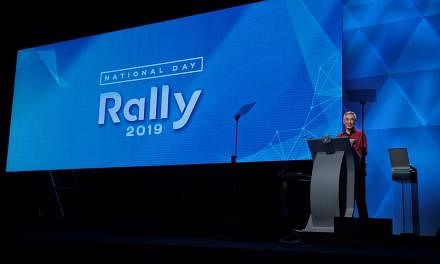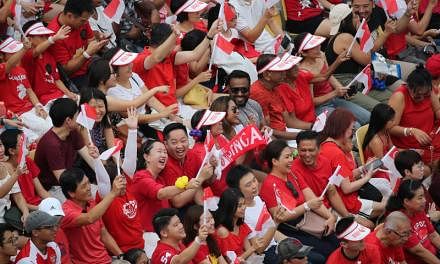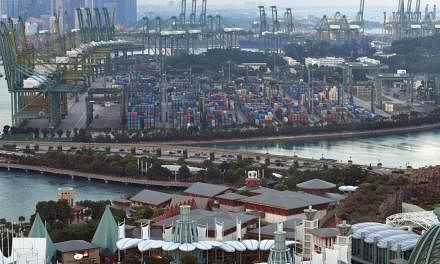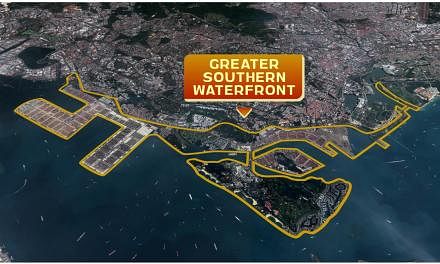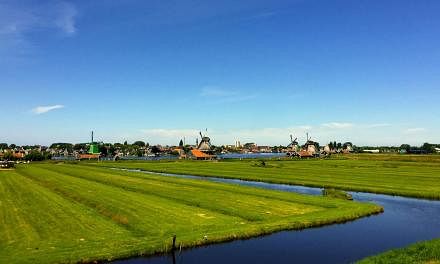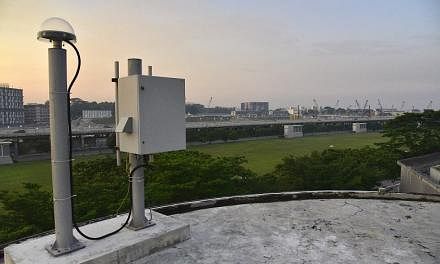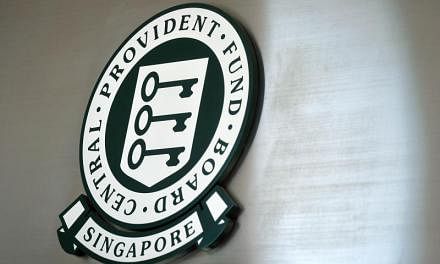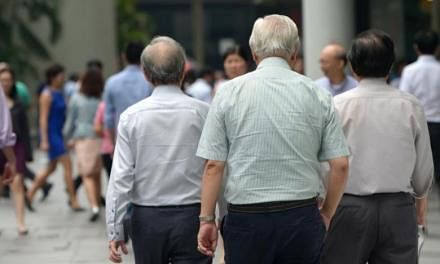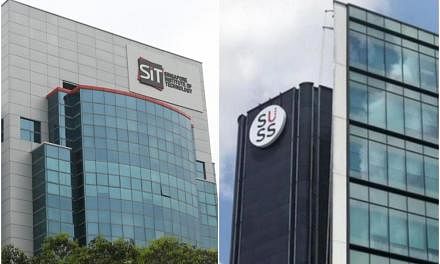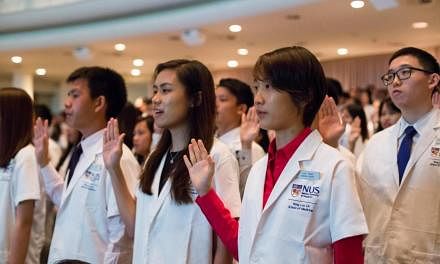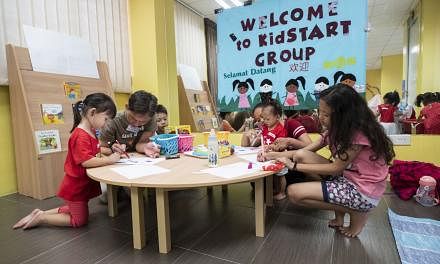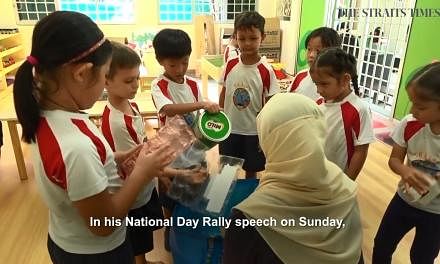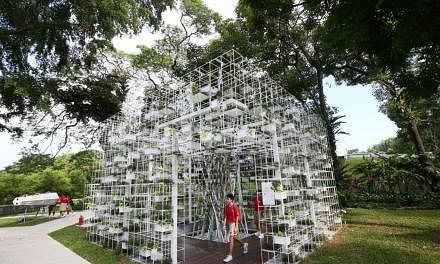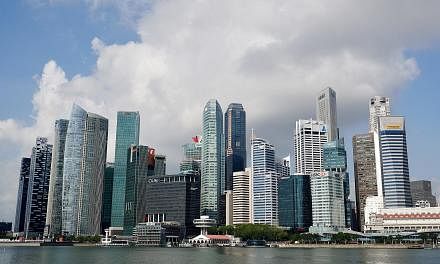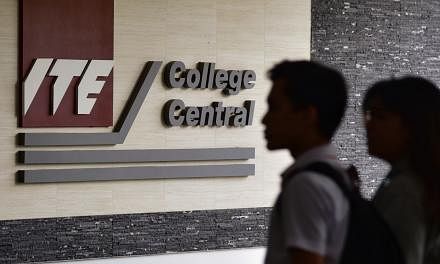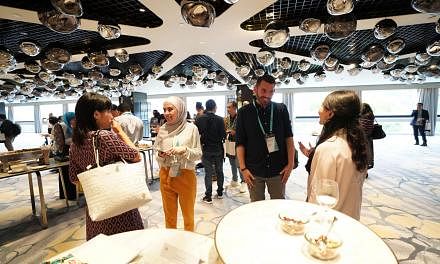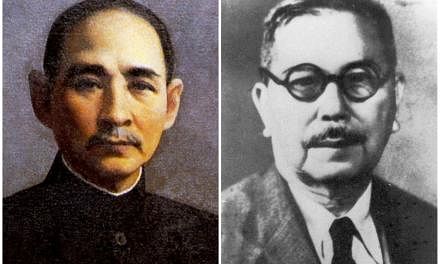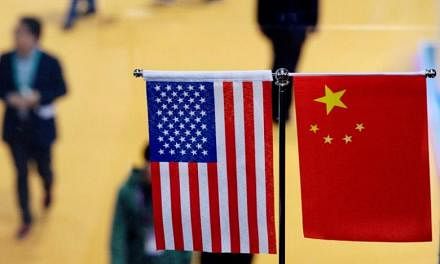SINGAPORE - Singapore Malays have developed their own unique identity, and one of the defining characteristics is in the way Islam is practised in Singapore's multiracial context.
And because of Singapore's success in building harmonious racial and religious relations, the Malay/Muslims here are well regarded as a model for other Muslim and minority communities, Prime Minister Lee Hsien Loong said on Sunday (Aug 18).
He noted that in this bicentennial year, many community groups have organised activities to look back at Singapore's rich history going back several centuries.
Malays came to Singapore in large numbers after Stamford Raffles arrived 200 years ago, including the Orang Laut, Malays from Johor and Riau, Minang, Bugis, Javanese, Baweanese, and were joined by Arabs from Yemen and some people from India, he noted.
Over time, they became a part of the larger Malay community and of Singapore, like other ethnic groups.
"Your cultural and historical ties with our neighbouring countries enabled Singaporeans to understand and get along with the peoples of these countries. At the same time, your influence on Singapore society helped shape our national identity as a multiracial country in South-east Asia," PM Lee said in his Malay speech at the National Day Rally.
In the process, Singapore Malays have become distinct from other Malays in the region and from Muslims elsewhere in the world, and prospered with the nation, he noted.
In his speech, PM Lee spoke at length on two characteristics which define the Singapore Malay identity: Competency, in how the community has progressed through an emphasis on education; along with character, which has been formed through the way Islam is practised.
The 3Cs, which include citizenry, was described by Minister-in-charge of Muslim Affairs Masagos Zulkifli as the building blocks of the Malay/Muslim community here.
On character, PM Lee said that while Islam is practised in different ways by different Muslim communities, depending on their histories and traditions, in Singapore's plural society, it is practised in a spirit of mutual respect, tolerance and inclusiveness.
PM Lee cited the example of Ustaz Zahid Zin, as one who exemplifies this, noting that the asatizah, or religious teachers, are central to nurturing a progressive Muslim community.
PM Lee related the story of how Mr Zahid went to pay his respects at the wake of a distant relative who was a Buddhist.
"He posted on Facebook how all cultures and beliefs must be respected, and how his attendance at the Buddhist funeral was a teachable moment for his children. Actually, it was a teachable moment for all of us, whatever our religion or our age," PM Lee said.
Mr Lee also cited how Mr Zahid, as the chief executive of the Muslim Youth Forum, takes a fresh approach in his religious classes, including getting non-Muslims to share their views with young Muslims.
PM Lee said that the Government wants asatizah to maintain high standards and be confident leaders in the future, adding that Senior Minister of State Maliki Osman is leading a committee to review how to enhance their professionalism, building on the Asatizah Recognition Scheme.
Next year, Muis will also launch the Postgraduate Certificate in Islam in Contemporary Societies for religious teachers educated abroad to apply what they have learnt to Singapore's multi-religious context.
"We also hope to explore new approaches and pedagogies in the teaching and learning of Islam. This will help us develop a model of our own Islamic college, which will one day train a new generation of asatizah in Singapore," PM Lee said.
